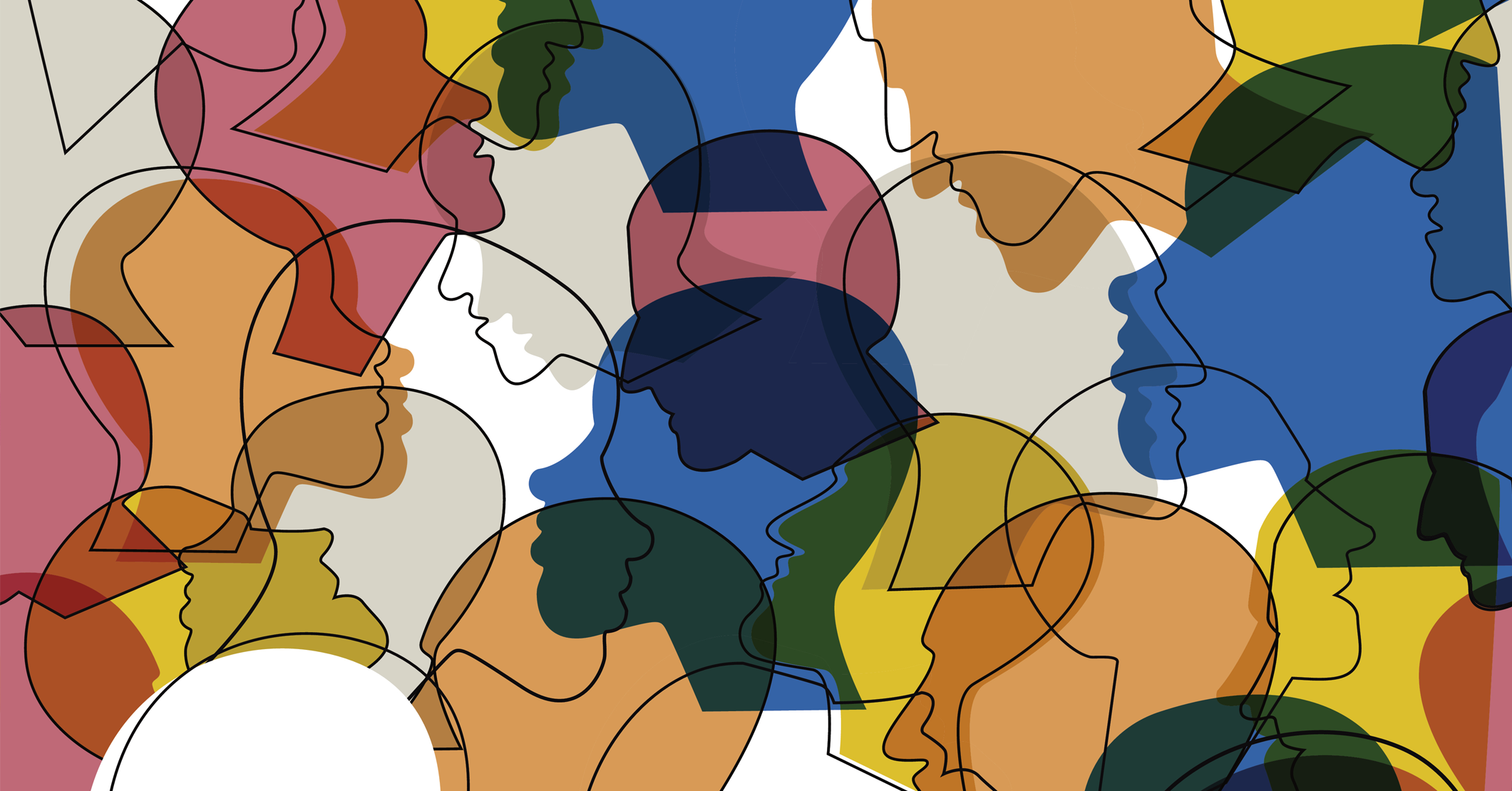A Systemically Collaborative Approach to Achieving Equity in Higher Education
DOI:
https://doi.org/10.18060/22176Abstract
Colleges and universities have long recognized the need to address inequities affecting students from underrepresented or underserved groups. Despite efforts undertaken by dedicated individuals, large-scale, national change in this area has not been realized. In this article, we address two major factors underlying this disappointing result—the structures of isolation common in our institutions of higher learning, and the inadequate addressing of our own implicit biases—and offer a model of systemic collaboration aimed at ameliorating these problems so that colleges and universities throughout the nation can achieve the equity goals that have proved so elusive for so many of them.



